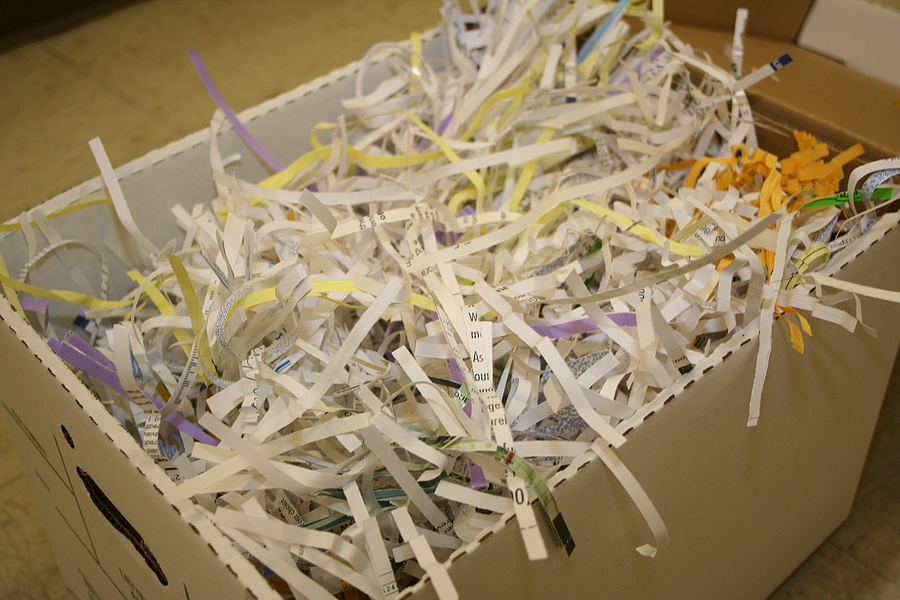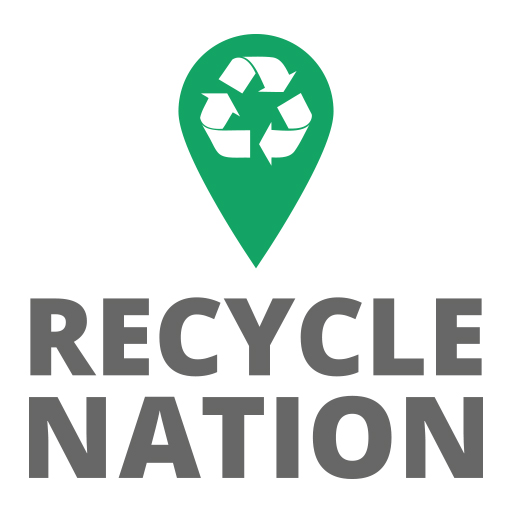PROTECT YOUR DNA WITH QUANTUM TECHNOLOGY
Orgo-Life the new way to the future Advertising by AdpathwayA startling 90% of plastic bags and other film, sacks, and wraps go to the trash. In 2018, approximately 4.2 million tons of plastic film and bags were generated, and only 420,000 tons were recycled. Instead, plastic bag waste ends up in landfills, where it takes an average of 20 years to break down.
Thick plastic bags take longer to recycle. Exposure to the sun speeds up the process, but there are estimates that show some bags take centuries to break down. It’s not good for the environment, and single-use plastic pollution is an issue that needs attention from everyone in the U.S.
Who is responsible for plastic bag waste in the U.S? Is it up to local and state governments to establish recycling policies? Are corporate programs best?
Corporate Plastic Responsibility vs. Local and State Plastic Laws
When it comes to making the producer responsible for plastic bags and film waste or enacting laws, it’s clear that plastic bag bans are effective. States that enact these laws find declines of 25% to 47% in plastic bag waste. Plus, the reduction of animals that get entangled in plastic bags reached 30% to 37%, which is also beneficial.
Plastic bag bans are effective, but some downsides must be considered. For example, stores might offer shopping bags that use woven plastic strands. When those bags wear out, they have to go into the trash, as the plastic is stiffer and doesn’t qualify for plastic film recycling.
Pushing producers into finding better options is important. Consumers can shift from using plastic grocery bags, and producers can look towards recycled materials for packaging or packaging that is easy to recycle.
Potato starch is durable and breaks down better than plastic. Potato starch bioplastics use microorganisms like bacteria to break down in landfills. It’s an alternative that can help reduce our dependency on plastic.
Some corporations work together to form drop-off recycling programs for plastic film products like grocery bags, cling wrap, bubble wrap, air pillows, dry cleaning bags, and more.
Trex formed a flexible film recycling program and uses the recycled materials in its decking planks and Trex lumber. You can drop off flexible plastic film at retailers like Albertsons, Kohl’s, Kroger, Ocean State Job Lot, Publix, Safeway, and Winn-Dixie.
Another option is extended producer responsibility (EPR). It’s legislation that makes producers of plastic bags responsible for their end-of-life management. Instead of consumers having to purchase reusable bags or pay a fee for paper shopping bags, manufacturers must take responsibility and fund programs.
How to Recycle Plastic Bags in the U.S.
No matter where you live, you need to do your part and make sure you’re following local laws. Even if there are EPR rules, it starts with consumers doing their part to ensure producers collect the plastic film and keep it out of the landfills.
Rules change, so you want to check local government sites to see if your state or municipality has laws mandating plastic bag recycling.
States With Plastic Bag Bans:
- Alaska – Several cities have plastic bag bans in place. In Cordova, only bags under 2.25 millimeters are banned.
- California – Statewide, with a 10-cent charge for each paper or reusable plastic bag.
- Colorado – Statewide, with a 10-cent charge for each paper bag used.
- States Relying on EPR Rules
- Connecticut – Statewide
- Delaware – Statewide with a 10-cent charge on paper or reusable bags.
- District of Columbia –5-cent charge (minimum) on plastic bags
- Georgia – South Fulton has a ban on single-use plastic bags.
- Hawaii – All islands have bans, but there are allowances for bag thickness and bags made from biodegradable materials.
- Illinois – Several cities have bans in place, and many of those cities charge a 10-cent fee on paper bags.
- Kansas – Lawrence bans single-use plastic bags.
- Maine – Statewide ban on plastic bags under 4 millimeters thick. There’s a 5-cent charge on paper bags.
- Maryland – Several cities have plastic bag bans in place. Many cities charge 5 to 10 cents per paper bag.
- Massachusetts – Several cities and towns have bag bans. There are often considerations for bags thicker than 3 or 4 millimeters.
- Minnesota – Duluth and Minneapolis have laws in place to charge fees of 5 cents per bag.
- Montana – Bozeman bans single-use plastic bags.
- New Jersey – Statewide ban on plastic bags. There’s also a ban on paper bags in stores larger than 2,500 square feet.
- New Mexico – Several cities have bans in place, but some only ban bags if they’re thinner than 2.25 millimeters.
- New York – Statewide bans restrict plastic bags in stores larger than 5,000 square feet if they have at least five locations or 10,000 square feet otherwise. Counties are allowed to charge a 5-cent fee on paper bags.
- Ohio – Athens, Bexley, and Cuyahoga County have plastic bag bans in place.
- Oregon – Statewide bans are in place with a 5-cent charge for paper bags. Thicker, reusable plastic bags are banned starting in 2027.
- Pennsylvania – Several boroughs, cities, and towns have bans in place, but some limit bans to bags less than 2.25 millimeters.
- Rhode Island – Statewide
- South Carolina – Several cities, counties, and towns enacted their own bans.
- Utah – Moab and Park City have plastic bag bans in place.
- Vermont – A statewide ban is in place, and paper grocery bags cost 10 cents each.
- Virginia – Several cities and counties, and towns charge 5 cents per plastic bag used.
- Washington – Statewide, with a fee of 8 cents per bag for paper bags.
- Wyoming – Jackson has a ban on plastic bags and a 20-cent fee for reusable plastic bags thicker than 4 millimeters or for paper bags.
Your Role in Plastic Bag Recycling
Do you need to use plastic bags? Odds are you can live without them. Reducing dependency on plastic bags is best. Compostable produce bags work well for cleaning litter boxes. Repurposing items in your home works for shopping trips.
Reusable bags are better for the environment, and you can purchase them in natural materials like cotton and canvas. After a shopping trip, toss them in the washing machine and use them again on the next trip.
Bring a cooler with ice packs for meats and cold items. A cooler is easily cleaned and sterilized after use.
Another option is to save the boxes you get when shopping online. Bring those to bag your groceries and other purchased goods. Recycle them when they start to wear out.
Finally, consider using milk crates and wipe them clean with a mix of bleach and water after use. Any of those options gives you sturdy shopping bags and containers without adding to the plastic bag recycling stream that’s creating problems across the country.
If you act, it doesn’t matter if your state doesn’t. Corporate responsibility isn’t a factor. You use your power as a consumer to change things. Support EPR legislation and push for plastic bag bans and better recycling programs in your state.
In the meantime, Recycle Nation’s recycling directory points you to the nearest plastic film recycling facility in your region. You often find the bins in grocery stores and box store entrances. Look for the green bins with the recycling symbol as you enter a store or check the bottle redemption area, if there is one, and leave your plastic bags there.


.jpg) 14 hours ago
2
14 hours ago
2


















.jpg)






 English (US) ·
English (US) ·  French (CA) ·
French (CA) ·